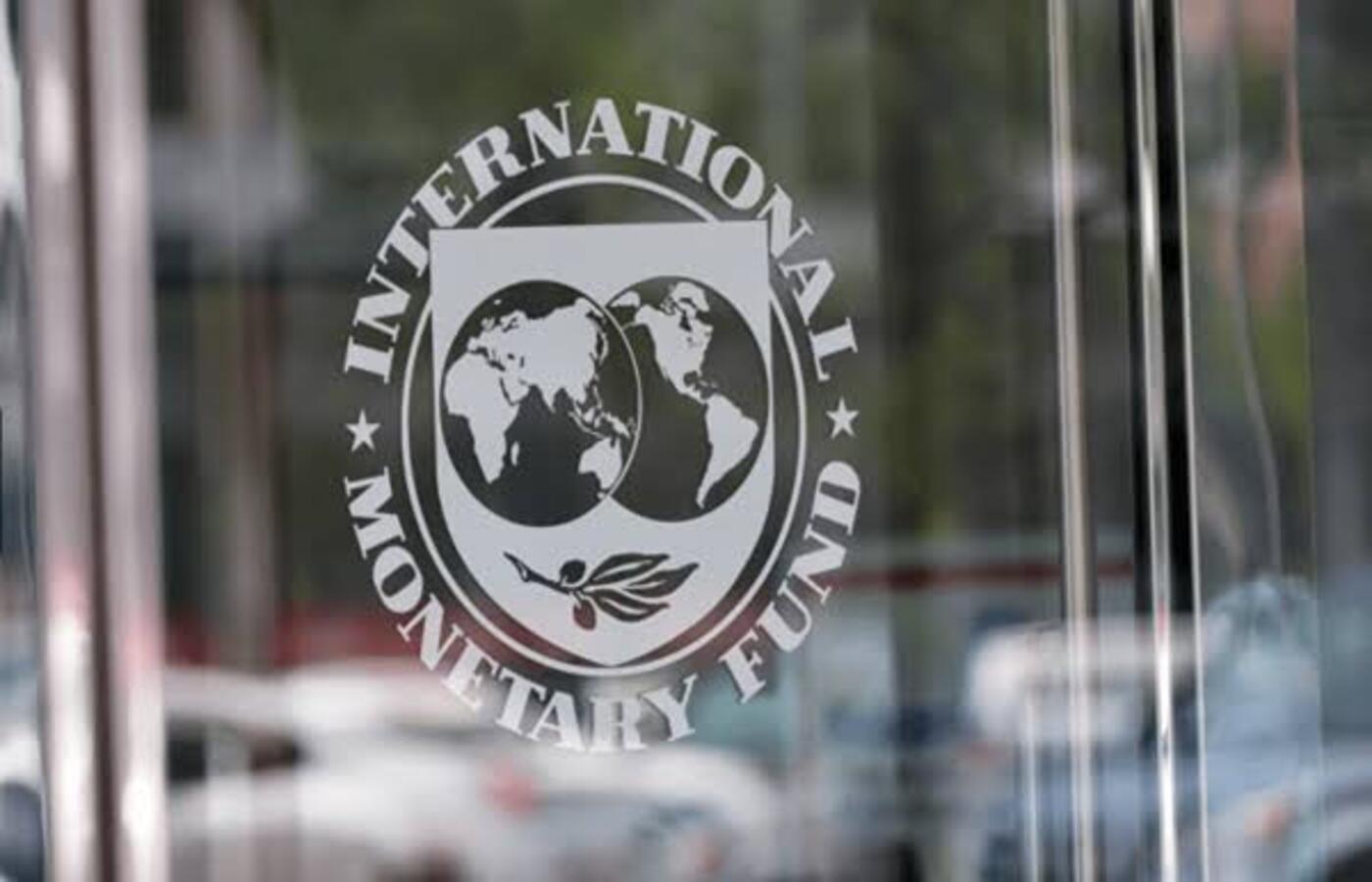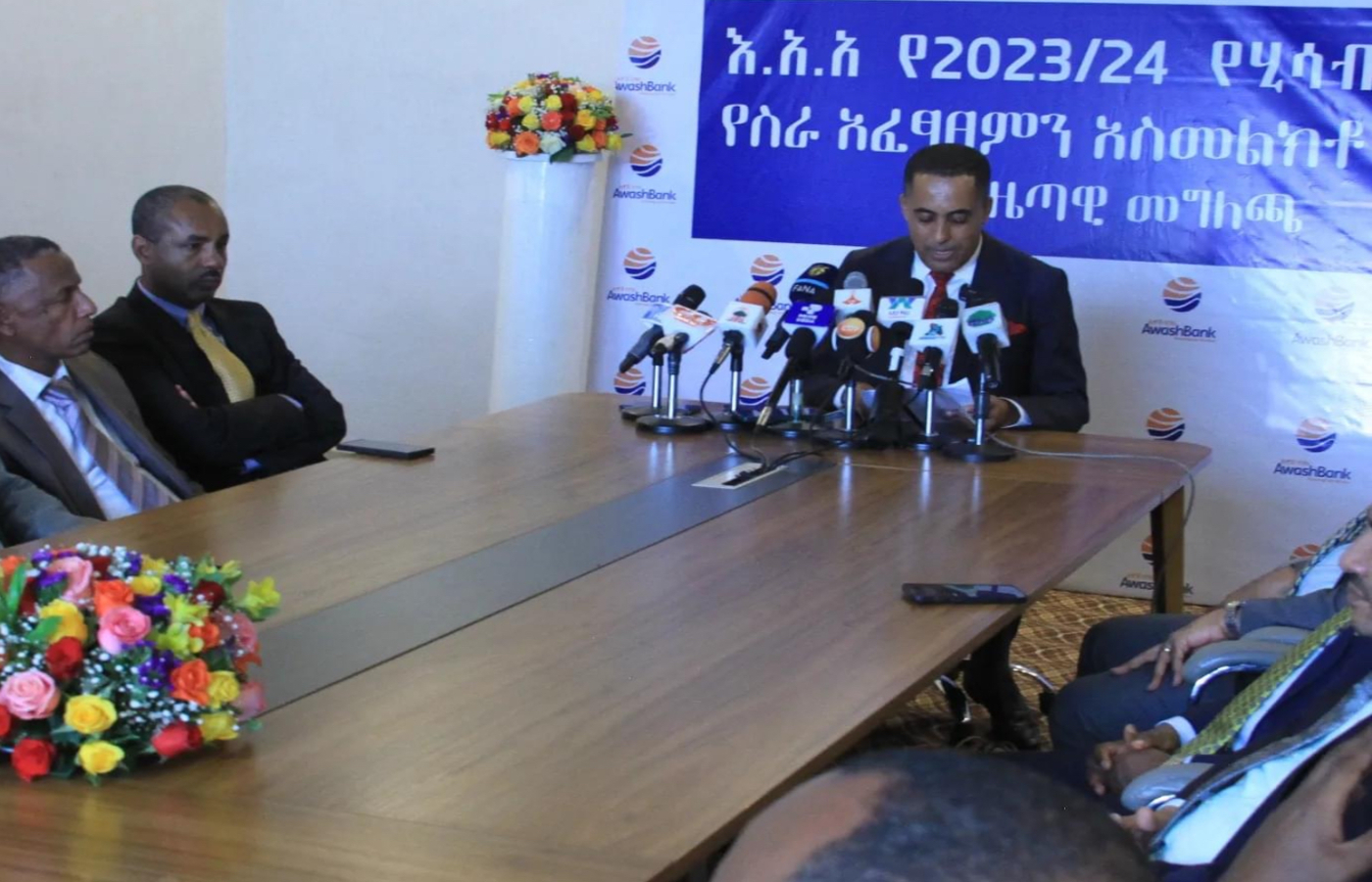A rift has emerged between top education official and parliamentarians in Ethiopia over how to address plummeting exam pass rates that point to a deepening crisis in the country's school system.
Figures released almost two weeks ago by the Ministry of Education showed a dramatic decline in student performance on national entrance exams. An unprecedented number of test takers—over 845,000 students—sat for the pivotal tests, but a shockingly low percentage passed. Less than 3% of students achieved scores high enough to qualify for college admission.
Perhaps most alarming were the results from over 1,300 schools across the country that failed to produce even one passing student. The dismal performance on such a wide scale has sparked concerns about quality and accessibility of education across Ethiopia.
During parliamentary discussions on October 18, Negeri Lencho, Chair of the Standing Committee on Education, called for independent scholars to conduct an in-depth analysis into the "root causes" behind the widespread failure rates revealed in data released two weeks ago by the Ministry of Education. Negeri argued this is a necessary step to comprehensively understand and address the systemic issues impacting learning outcomes across the country, as indicated by the concerning results.
Negeri stated "While plagiarism measures likely impacted results, we must understand the root causes through an impartial analysis. An internal review alone can't persuade all that failures stem solely from anti-cheating efforts. Independent scholars should objectively study this."
However, Education Minister Berhanu Nega dismissed the need for further study. He maintained that the Ministry had already analyzed the results internally and attributed the decline solely to recent anti-cheating measures introduced during exam periods.
“We conducted our own review, but the committee may commission an additional scholar-led study if unsatisfied,” Berhanu rebutted.
Negeri responded "The ministry, not us, must hire academics to investigate further. We haven't seen your claimed study and doubt it explains this year's renewed failure surge either. An independent inquiry remains important in my view."
When Negeri pushed for independent experts to more objectively "capture why increases occurred," given the concerning new figures, Berhanu refused to commit to any additional review beyond what his Ministry had done.





